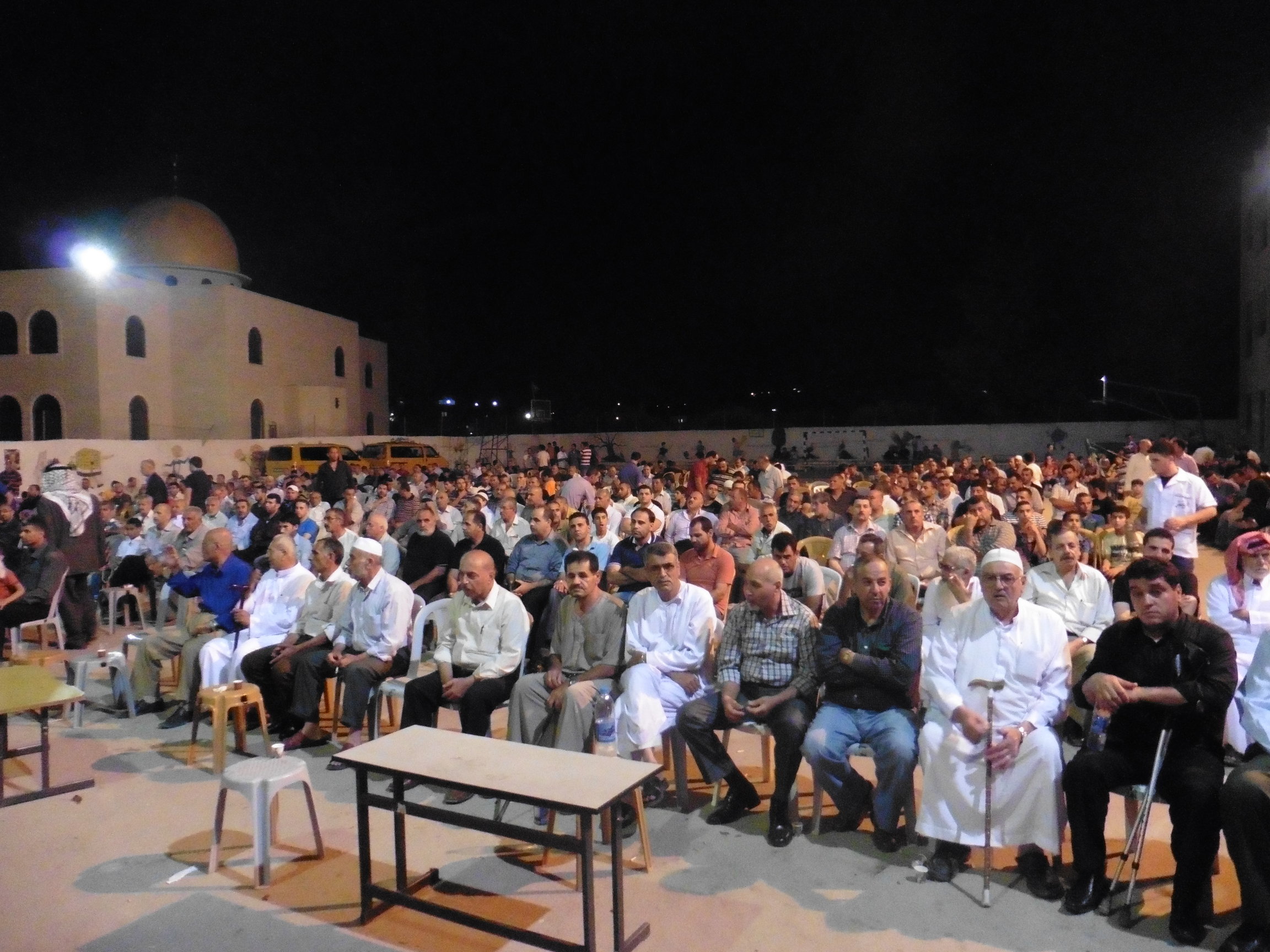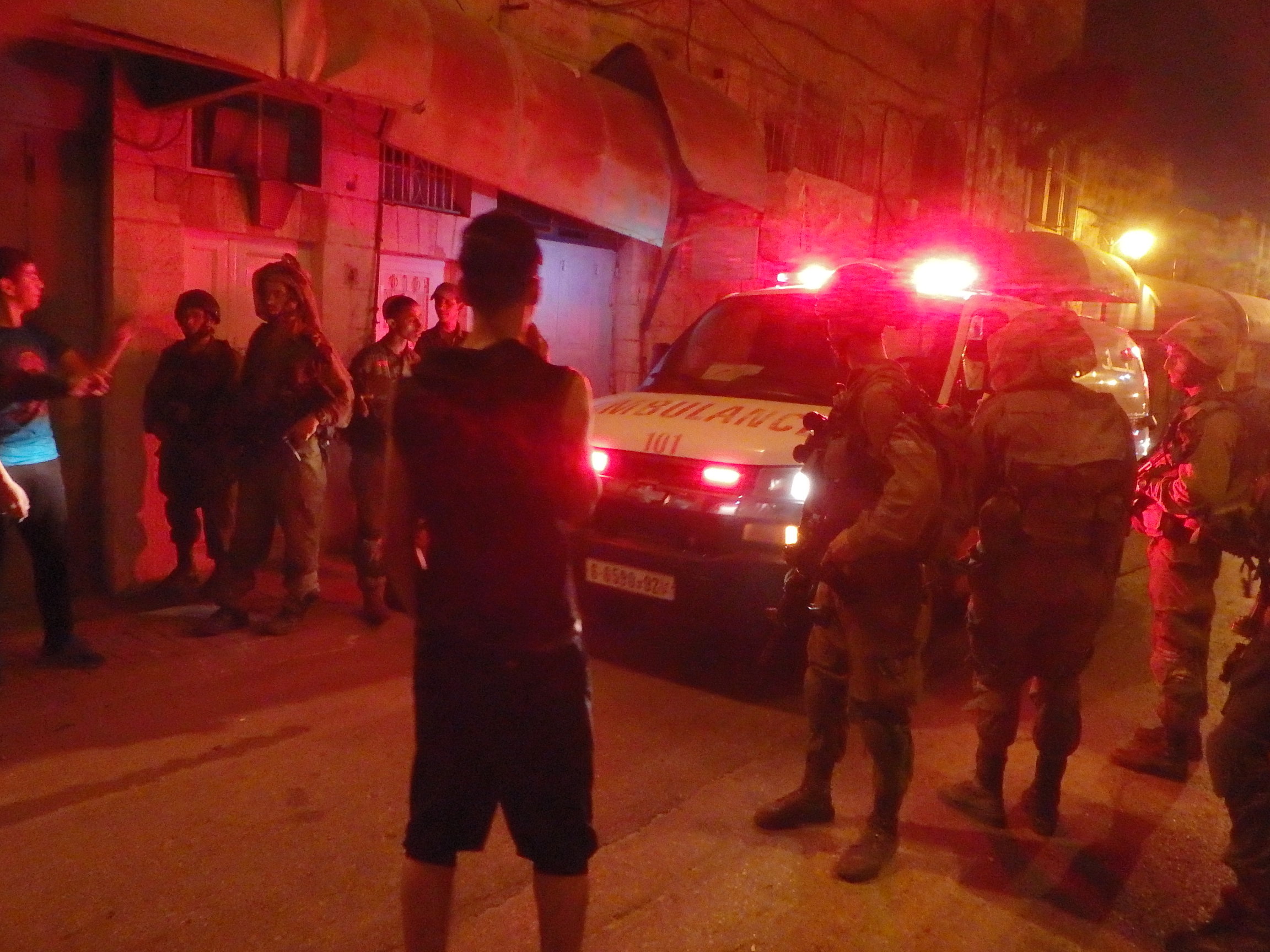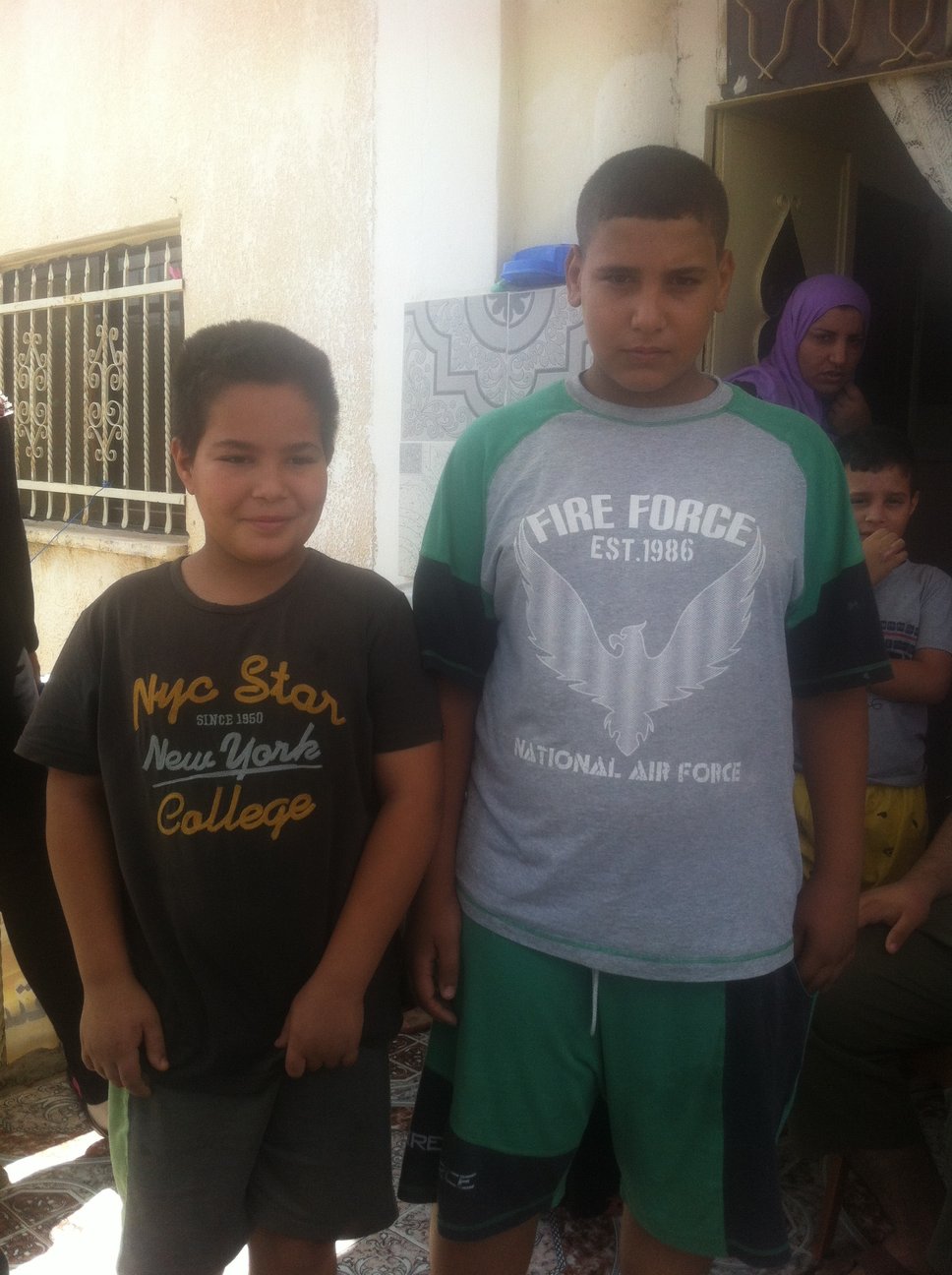Tag: Settler violence
-

Two Palestinian teenagers were murdered by an Israeli settler and an Israeli soldier in separate incidents in Huwwara
27th July 2014 | International Solidarity Movement, Nablus team | Huwwwara, Occupied Palestine On Friday, July 25, an Israeli settler murdered a Palestinian teenager in the village of Huwwara, which lies approximately 10 km south of Nablus in the northern half of the West Bank. Two hours later, an Israeli sniper killed another Palestinian teenager in the same…
-

Israeli settlers attack Palestinian family in Hebron, injuring five people including a child
20th July 2014 | International Solidarity Movement, Khalil team | Hebron, Occupied Palestine At midnight this evening in al-Khalil (Hebron), a large group of settlers from nearby illegal settlements, attacked the home of the Al-Sharabati family. Some of the settlers were intoxicated as they forcefully attempted to enter the Palestinian home; Israeli soldiers nearby watched the incident and made…
-

Settlers attempted to kidnap and shoot two young Palestinian children
15th July 2014 | International Solidarity Movement, Nablus team | Dear Istiya, Occupied Palestine Yesterday in the village of Deir Istiya, two young boys, Hasim Abu Zeed (13) and Hathem Yaser Abu Zeed (9) were attacked by Israeli settlers. Every day Hasim and Hathem’s family have to cross a road, which separates their homes from…
